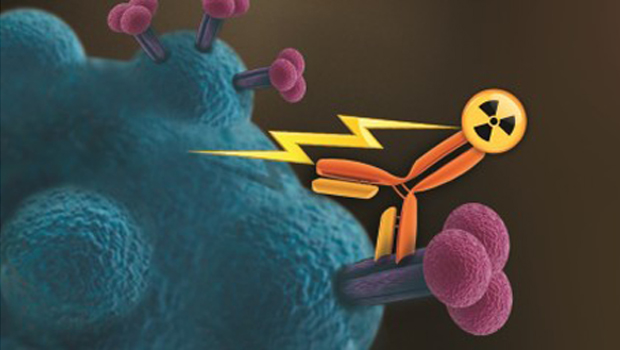
A type of treatment already used against cancer is also effective at killing HIV-infected cells, according to a new study in blood samples.
Researchers from Albert Einstein College of Medicine found that HIV infection was reduced to undetectable levels after they administered radioimmunotherapy to HIV-infected lymphocytes (white blood cells), in blood samples from people who already received highly active antiretroviral therapy (HAART).
People with HIV already use HAART to suppress viral replication, thereby lowering the viral burden (the amount of viral particles) in the body. But researchers noted that even if a person undergoes HAART, there are still HIV-infected cells in the body because this treatment is unable to actually kill HIV-infected cells.
“Any strategy for curing HIV infection must include a method to eliminate viral-infected cells,” study researcher Ekaterina Dadachova, Ph.D., a professor of radiology, microbiology and immunology at the university, said in a statement.
Dadachova presented the findings at the annual meeting of the Radiological Society of North America.
In this new method, researchers applied radioimmunotherapy to blood samples of HIV-positive people who were treated before with HAART. Radioimmunotherapy works by using cells called monoclonal antibodies to look for antigens (immune response-stimulating objects, like bacteria or viruses) and then bind to them. These monoclonal antibodies are also paired with a radioactive isotope, so when the antibodies bind to the antigens, they deliver radiation to those antigens, killing them.
“The elimination of HIV-infected cells with RIT was profound and specific,” Dadachova said in the statement. “The radionuclide we used delivered radiation only to HIV-infected cells without damaging nearby cells.”
Because the study was only conducted in blood samples and lab models, researchers noted that the next step is to test the treatment in clinical trials with humans.
Note: This article does not necessarily represent the opinions of Paul Morris or Treasure Island Media. We felt it right to post, allowing each of you to digest, and form your own opinion. We look forward to hearing what you think.













